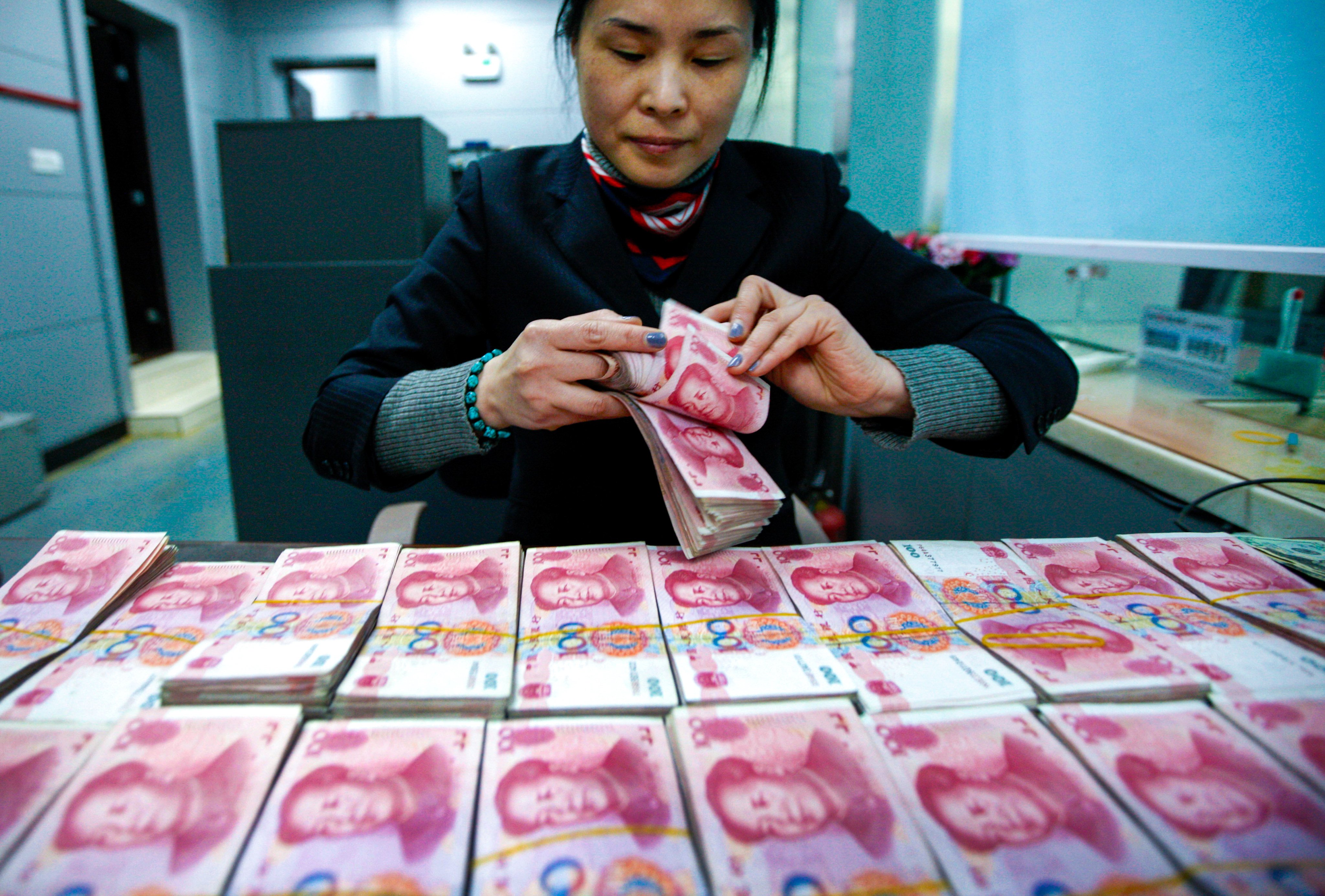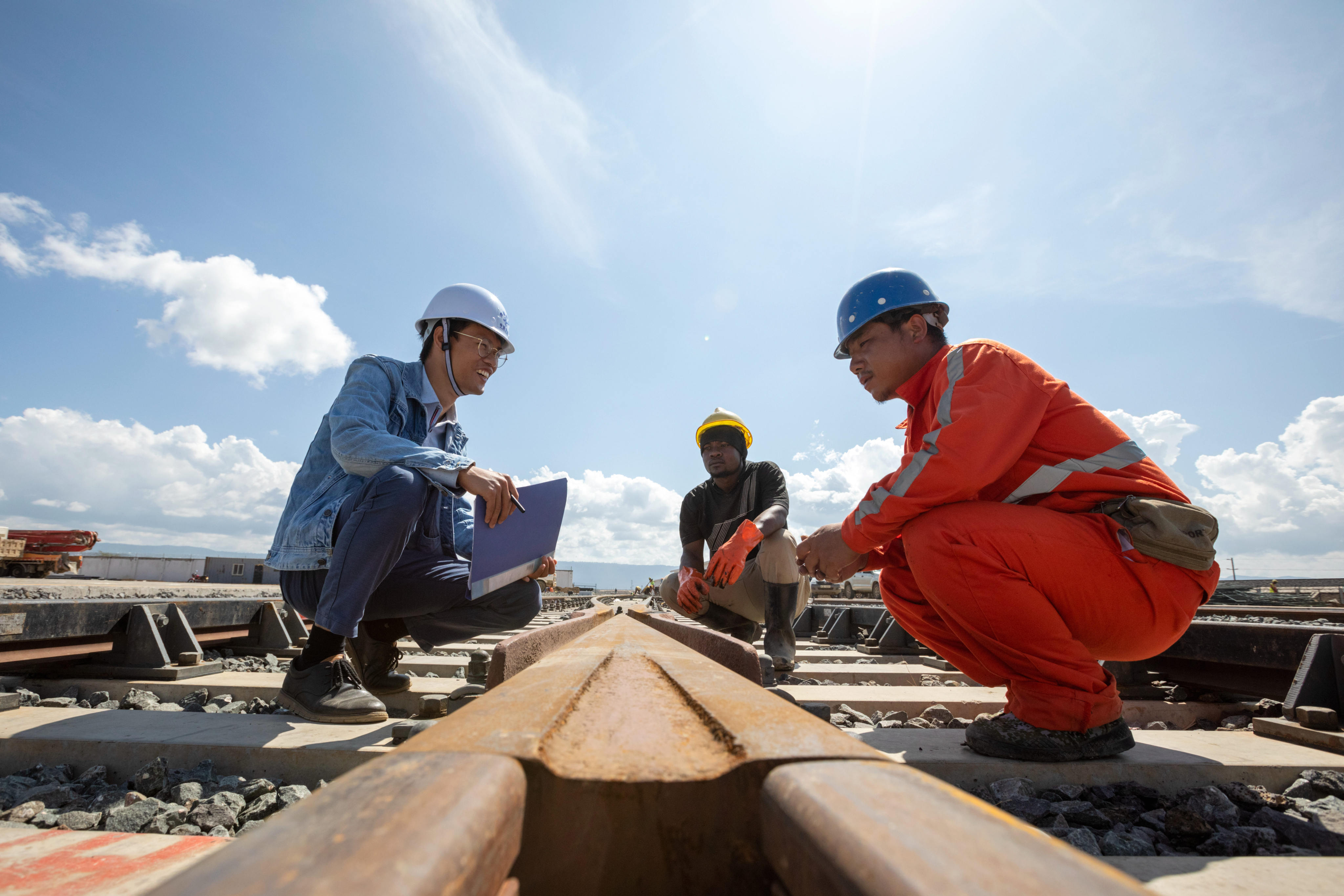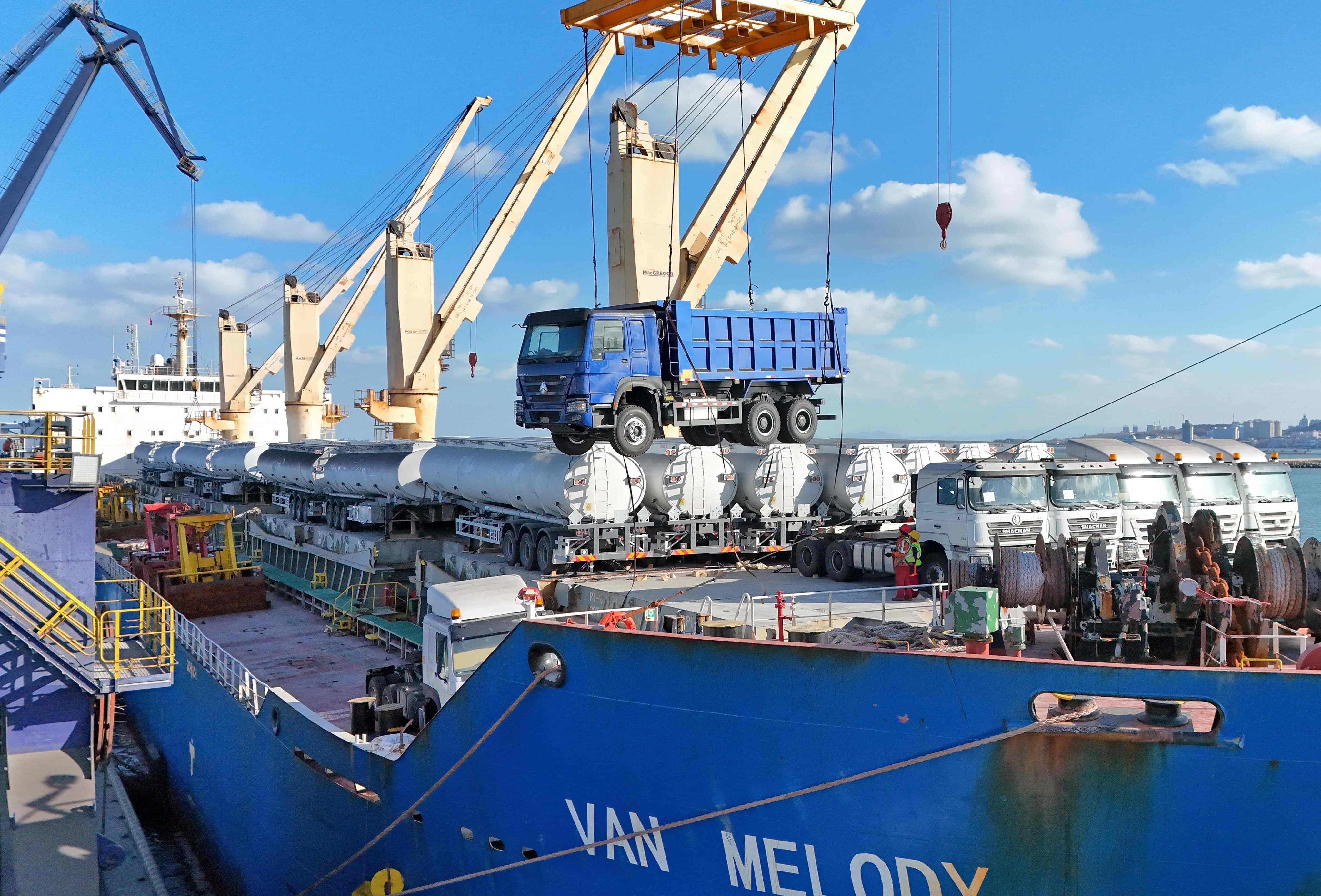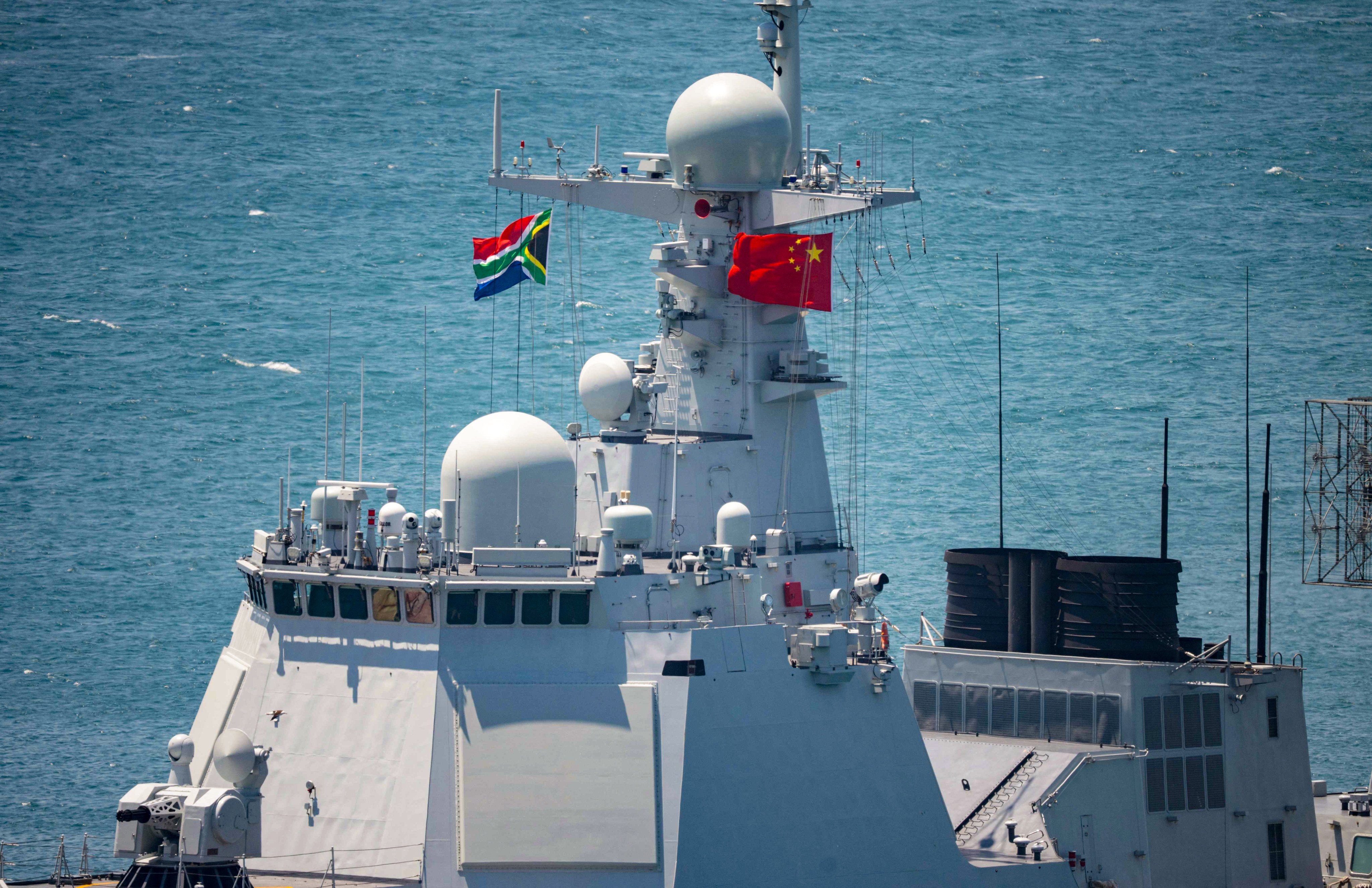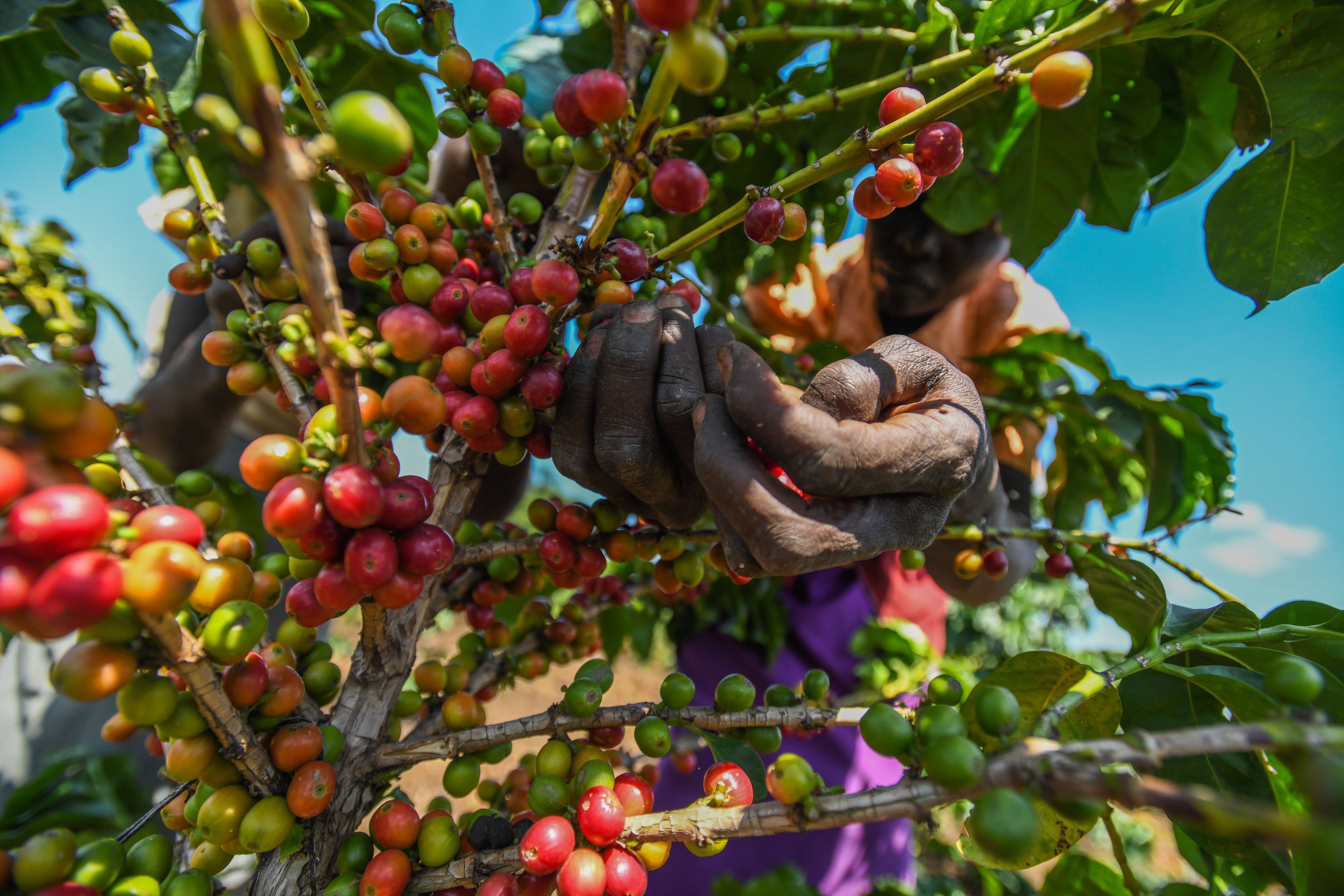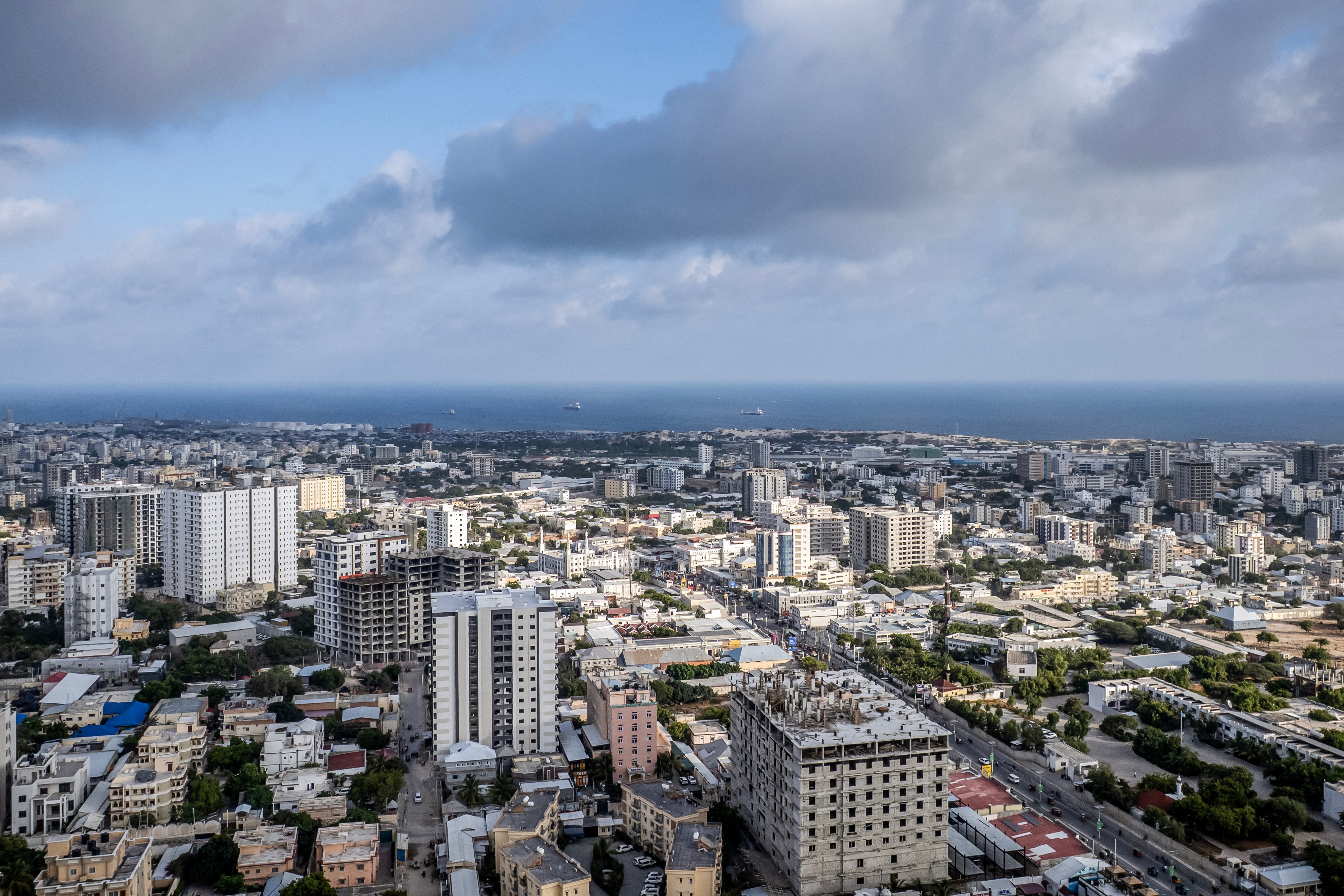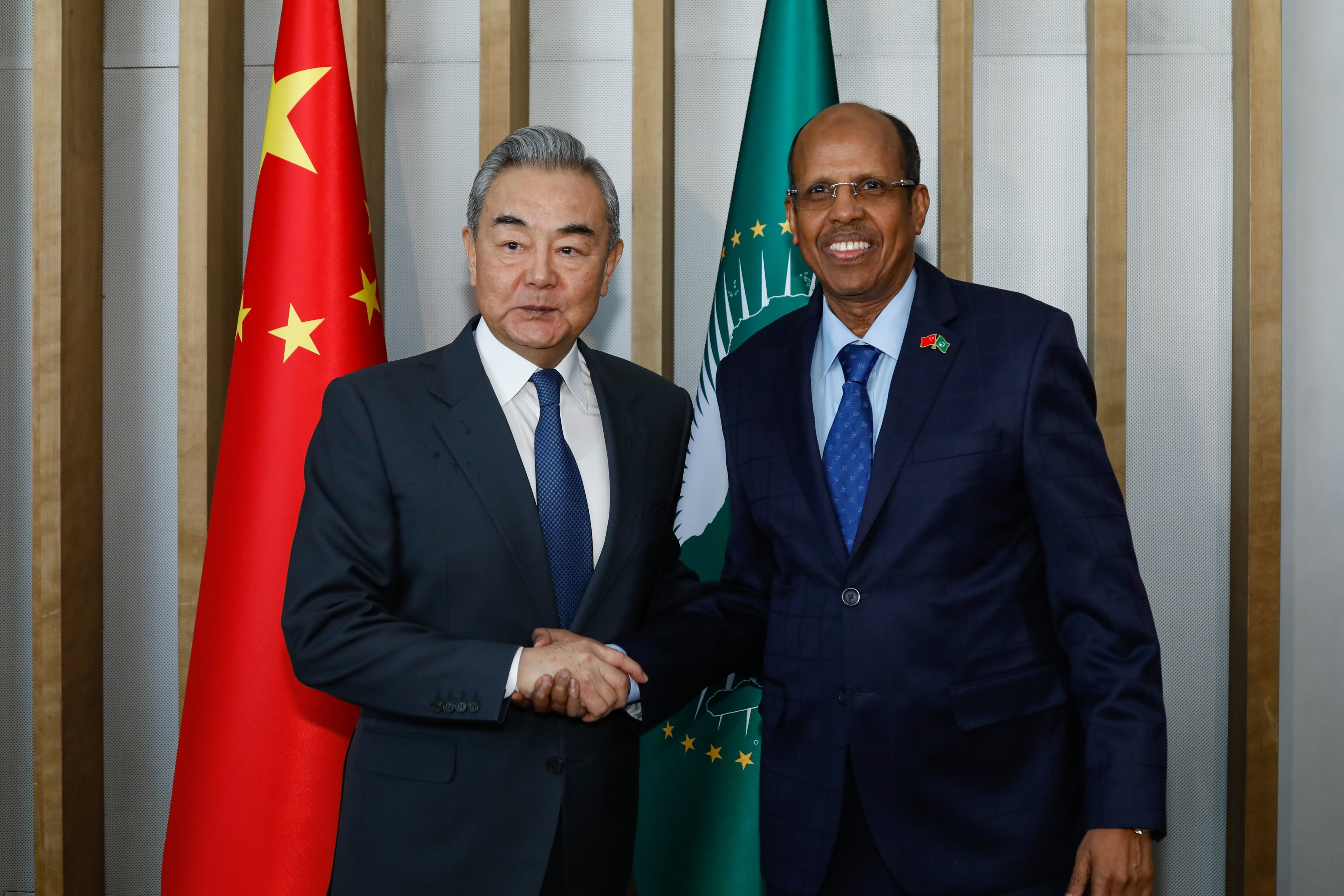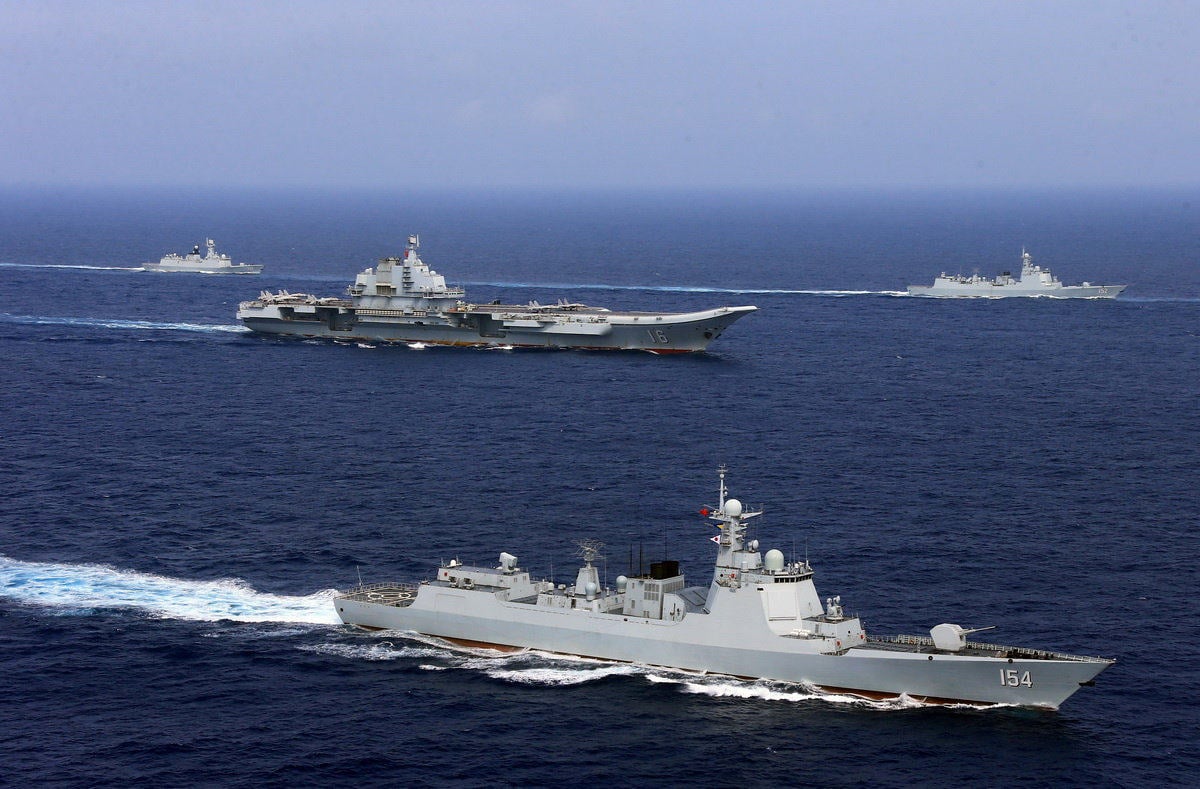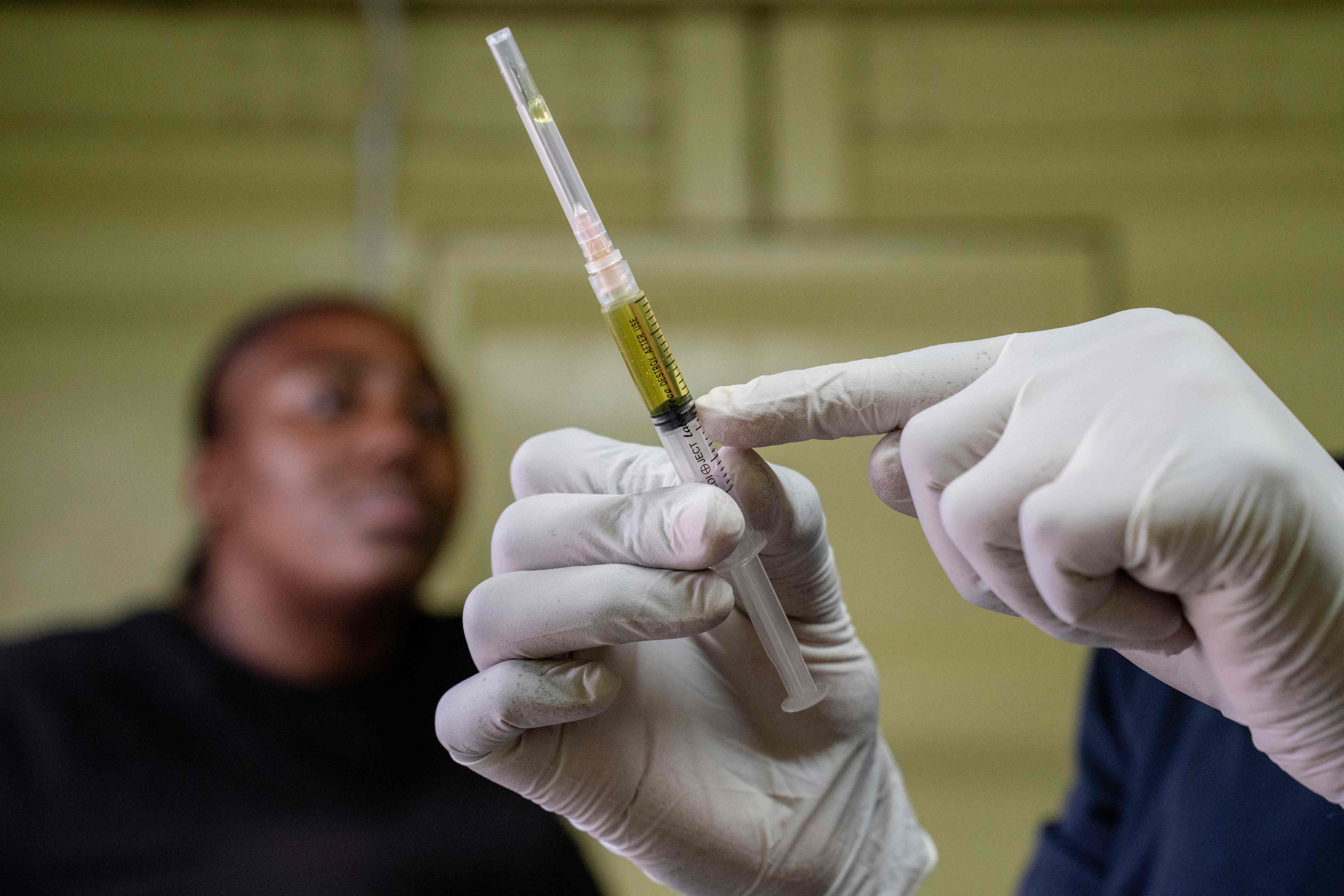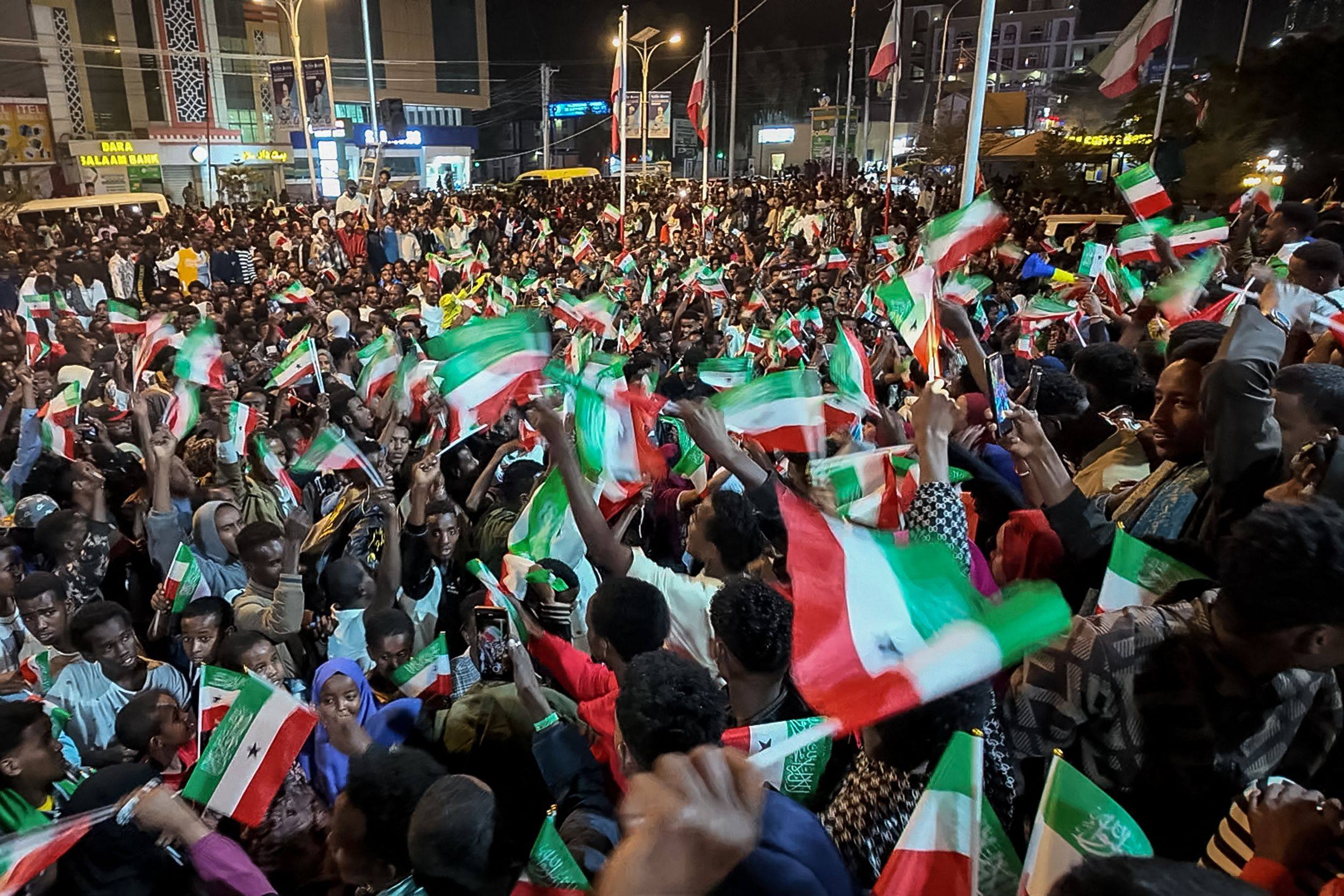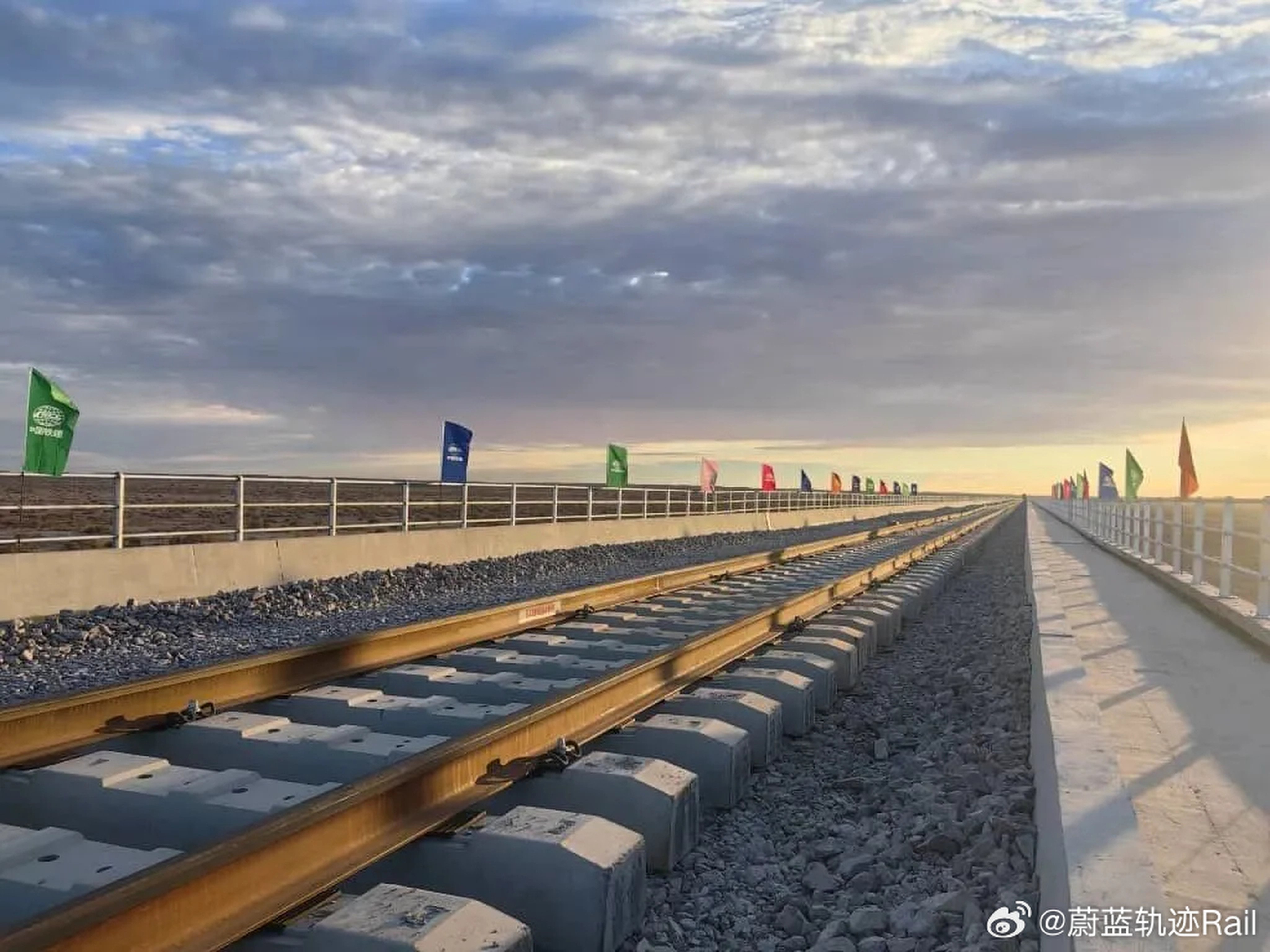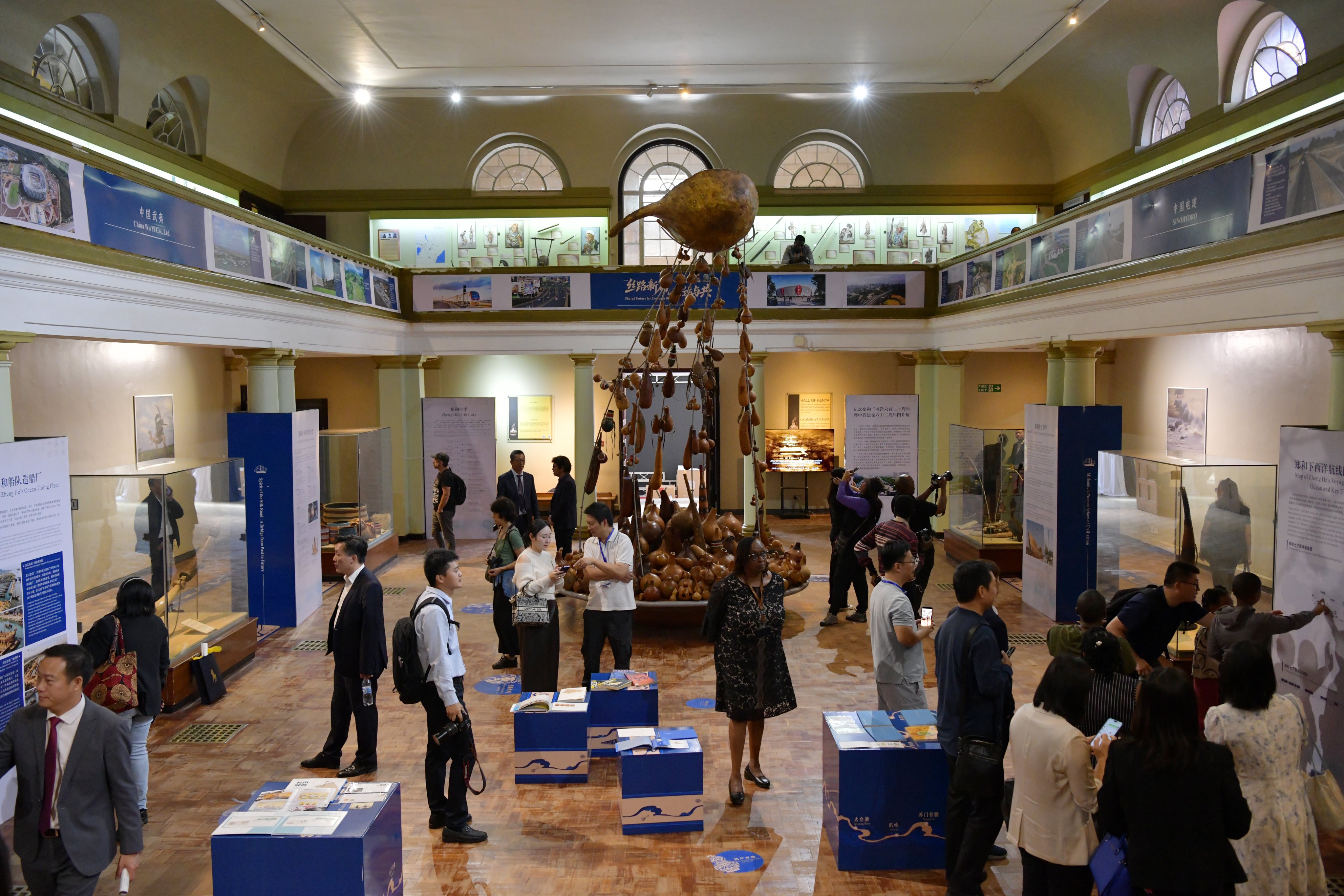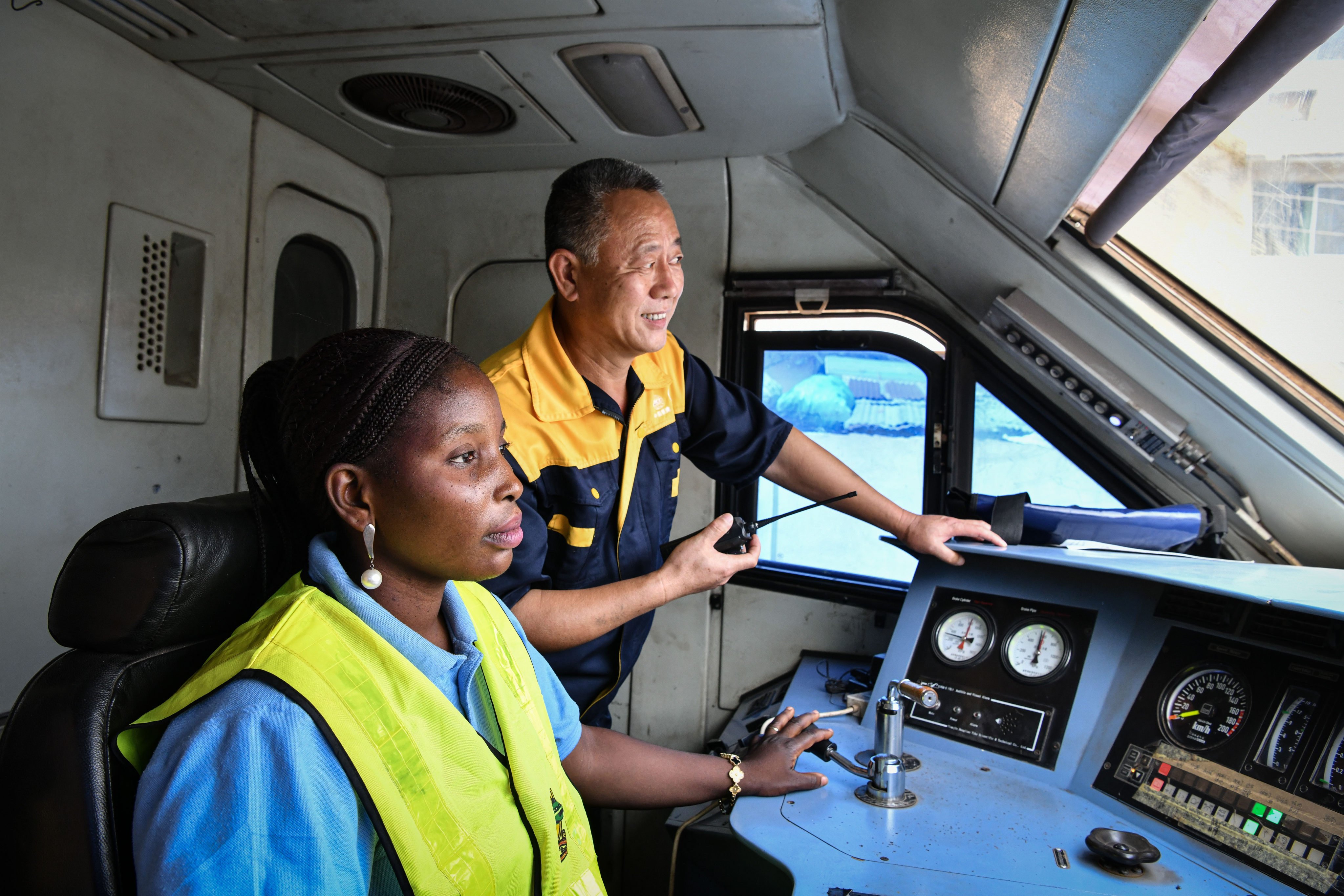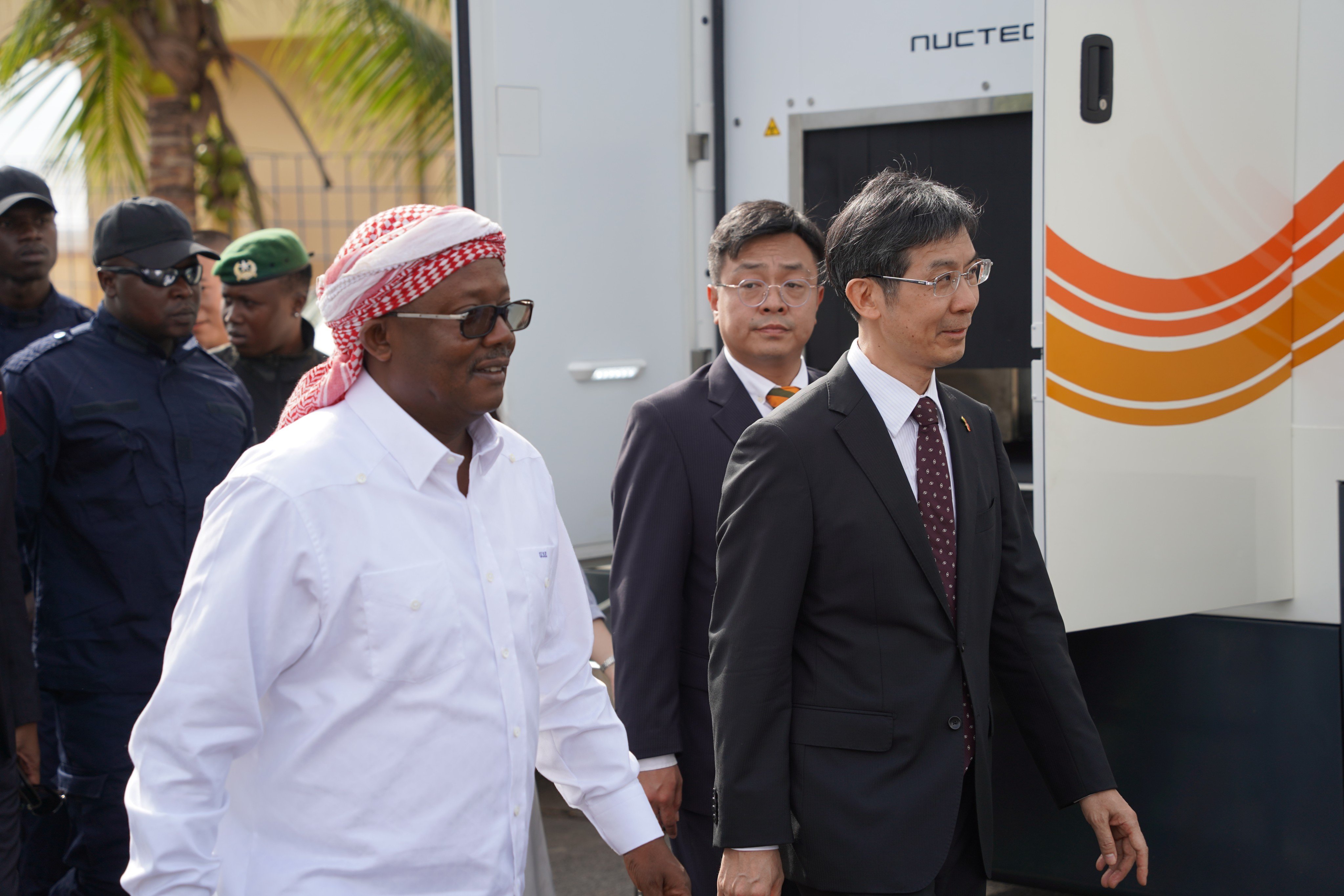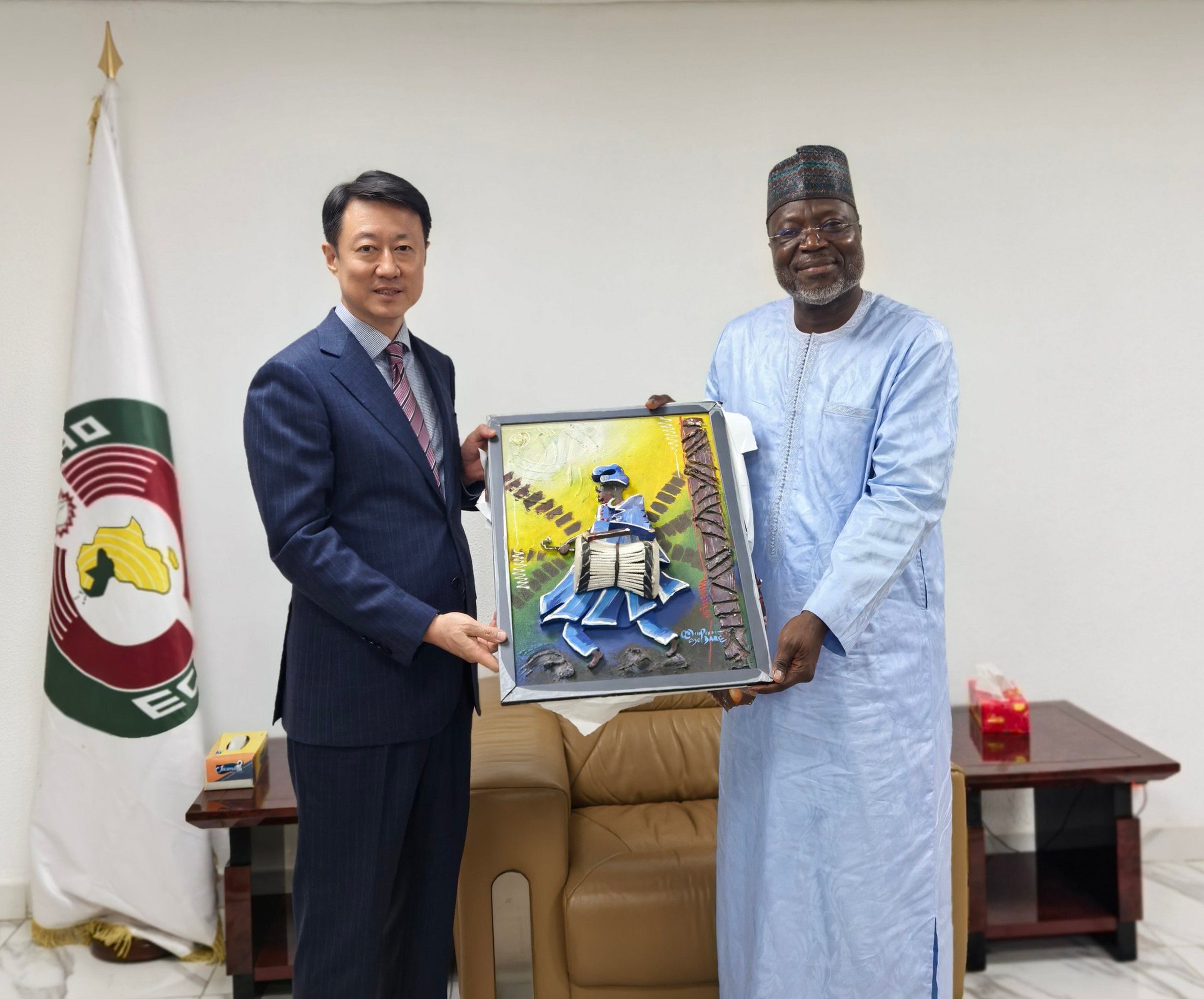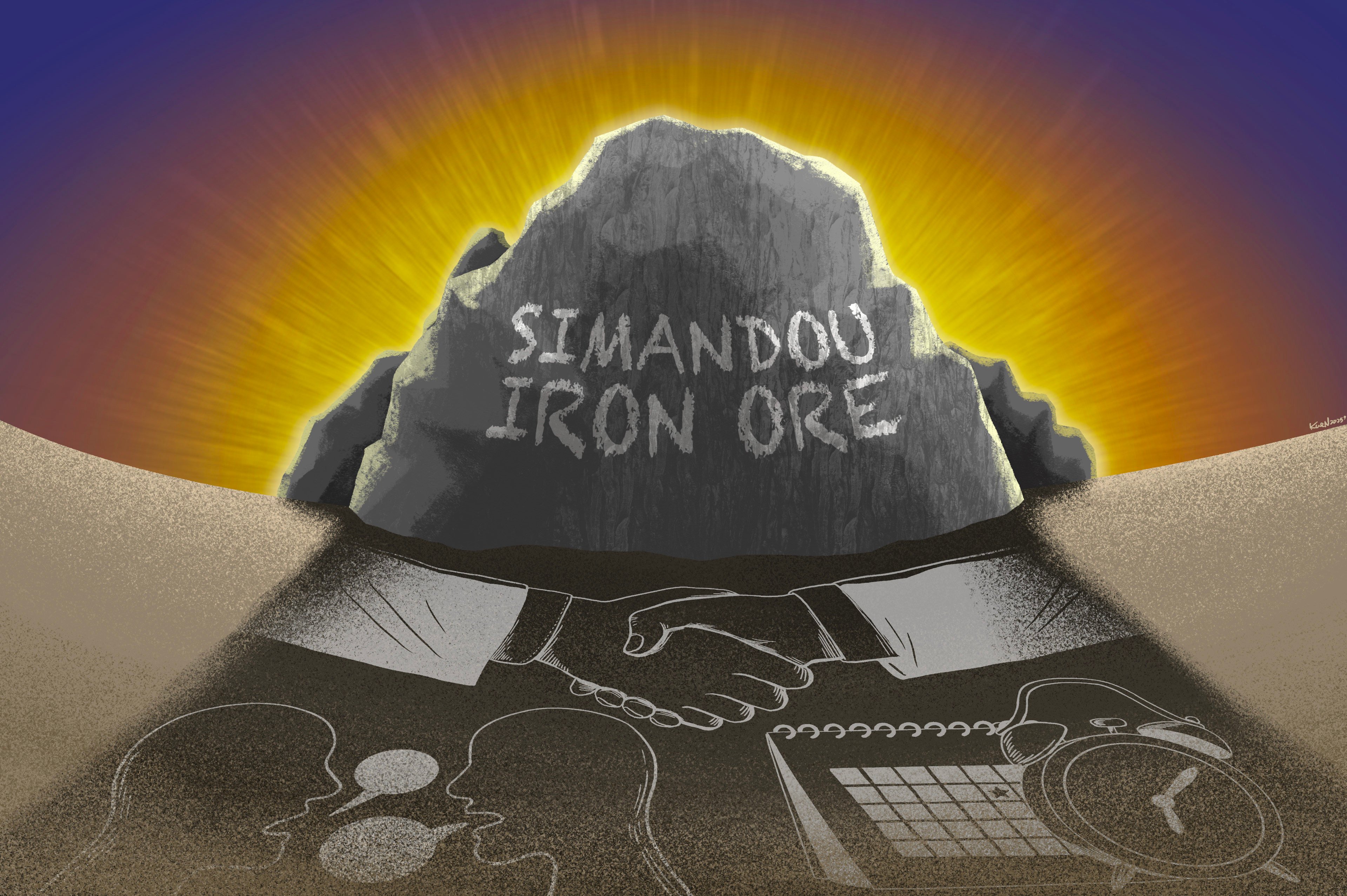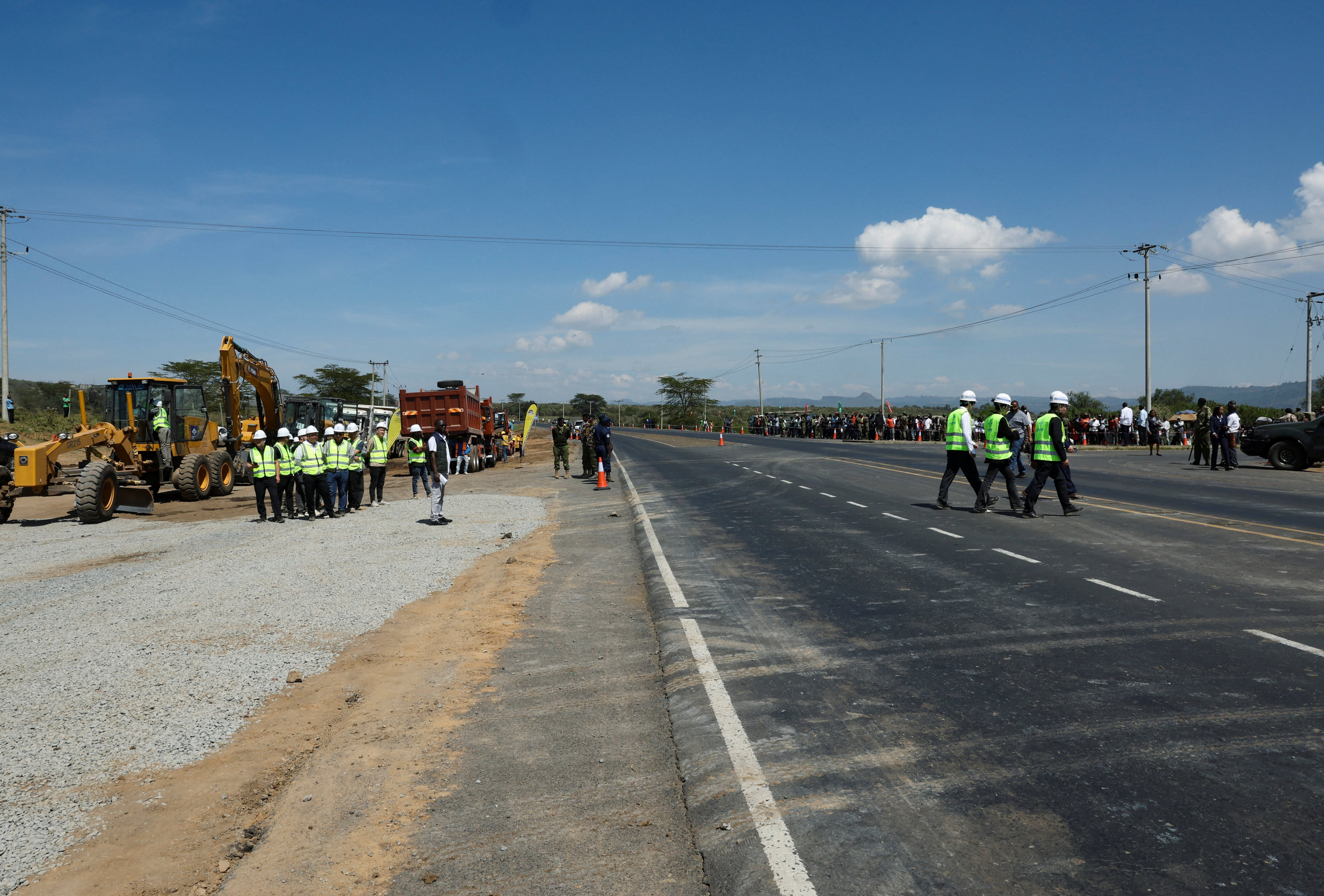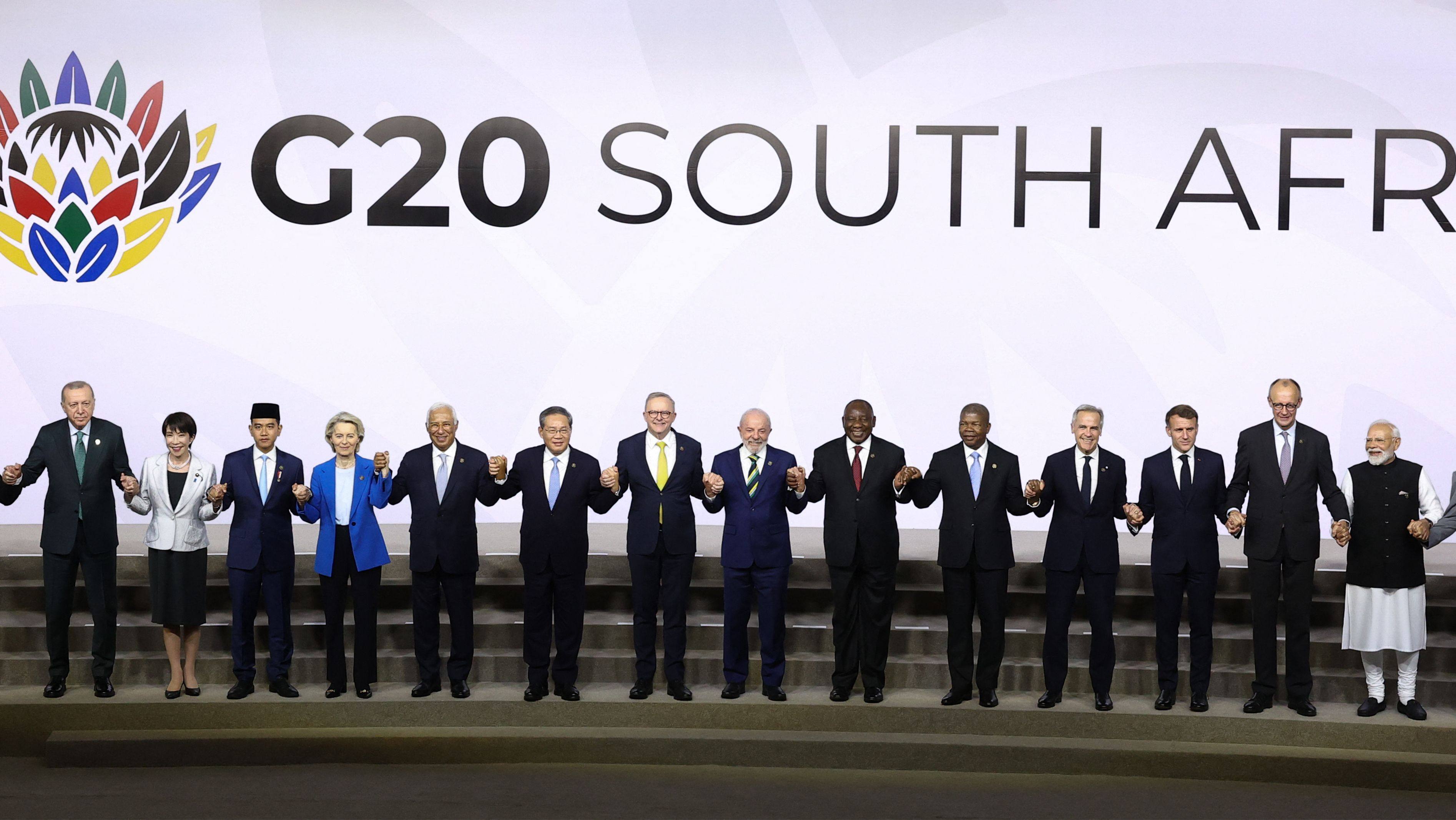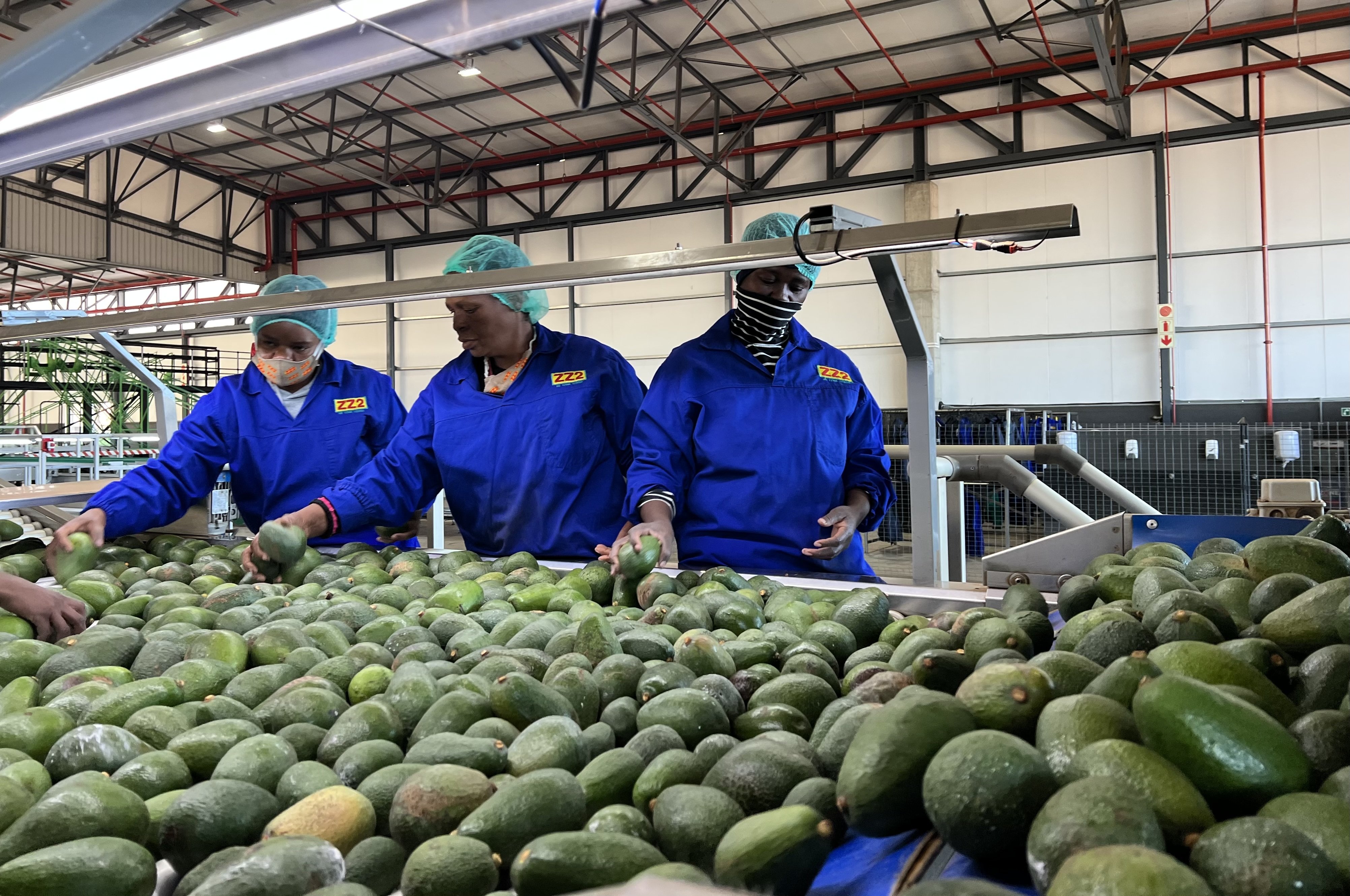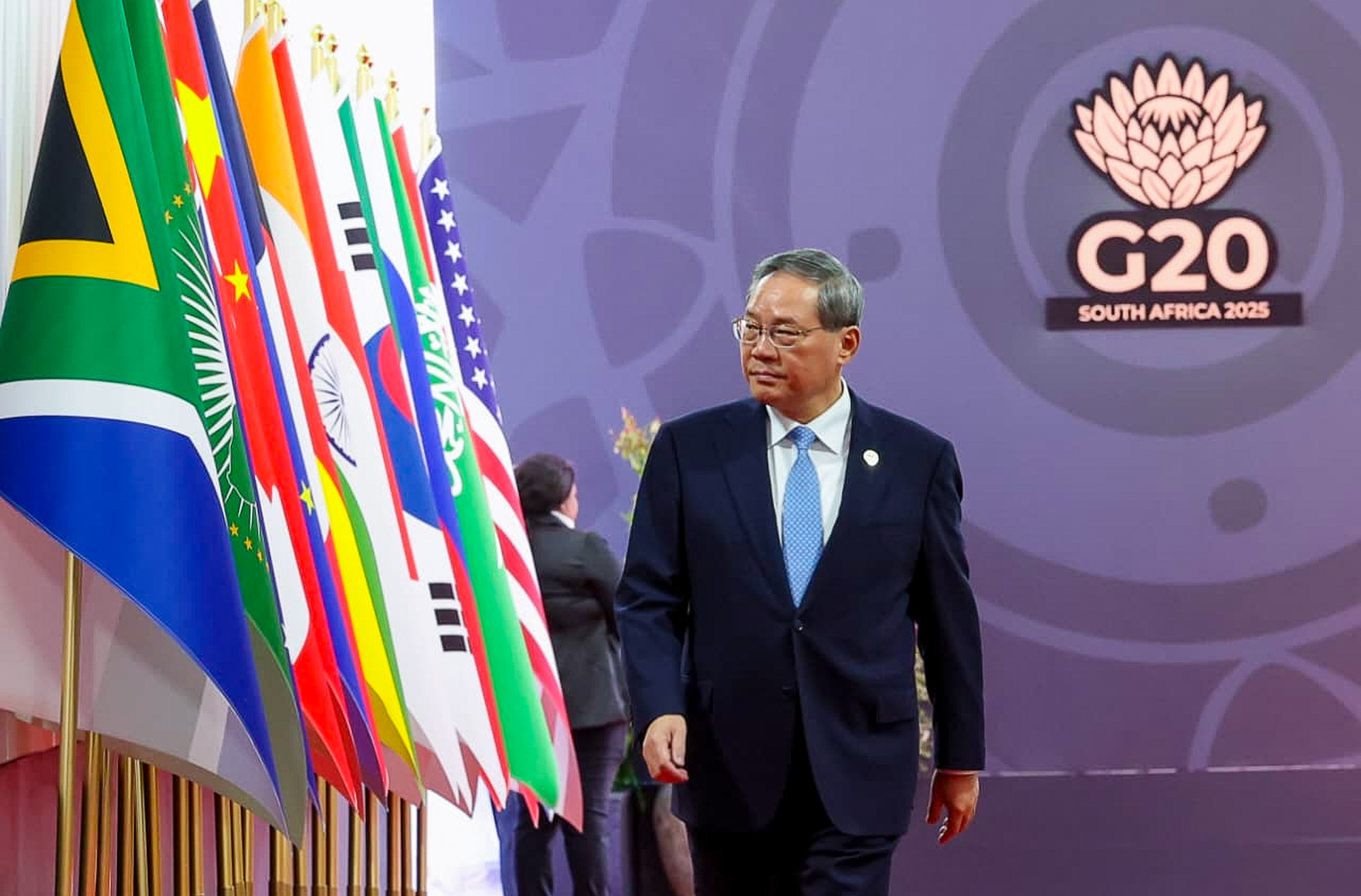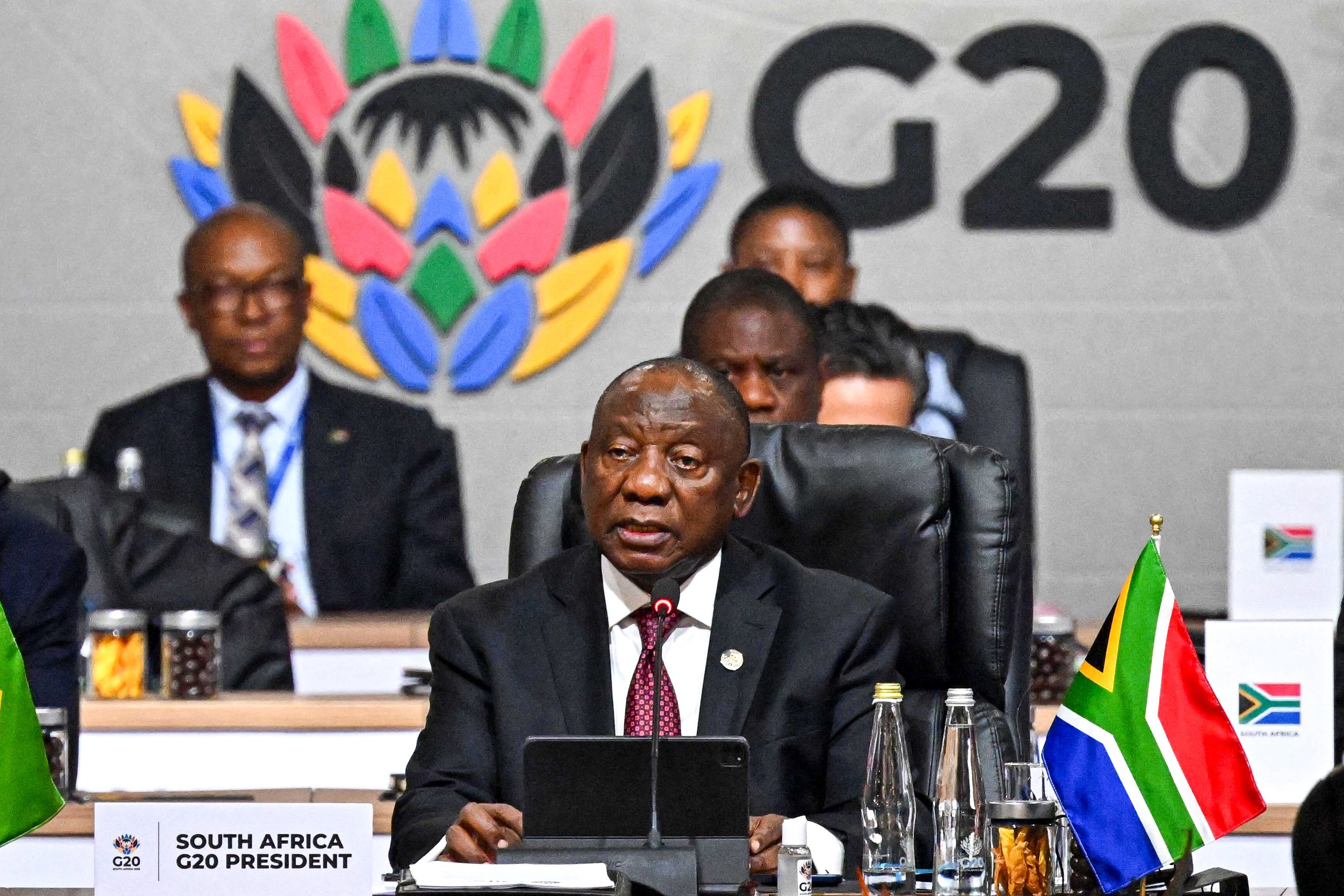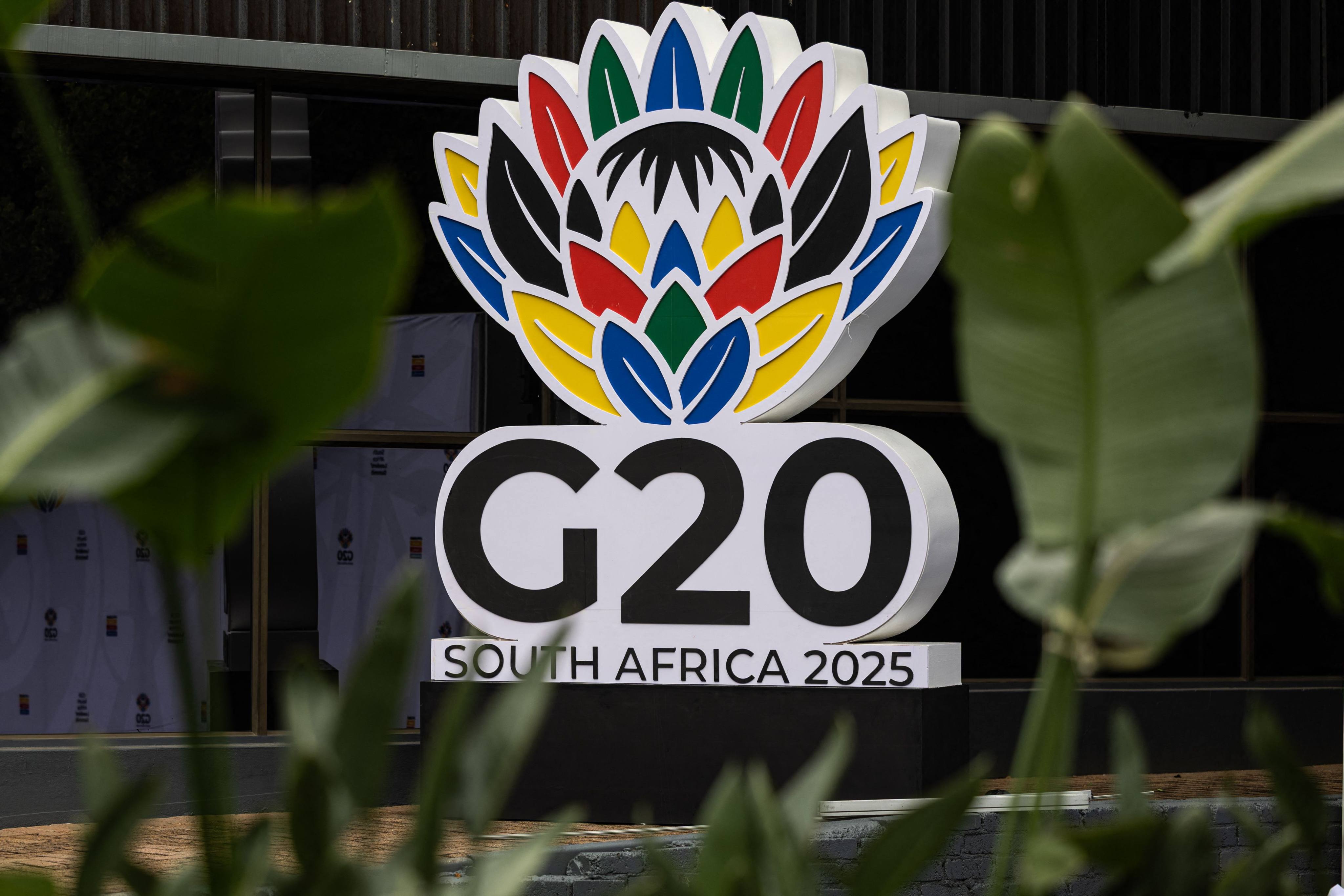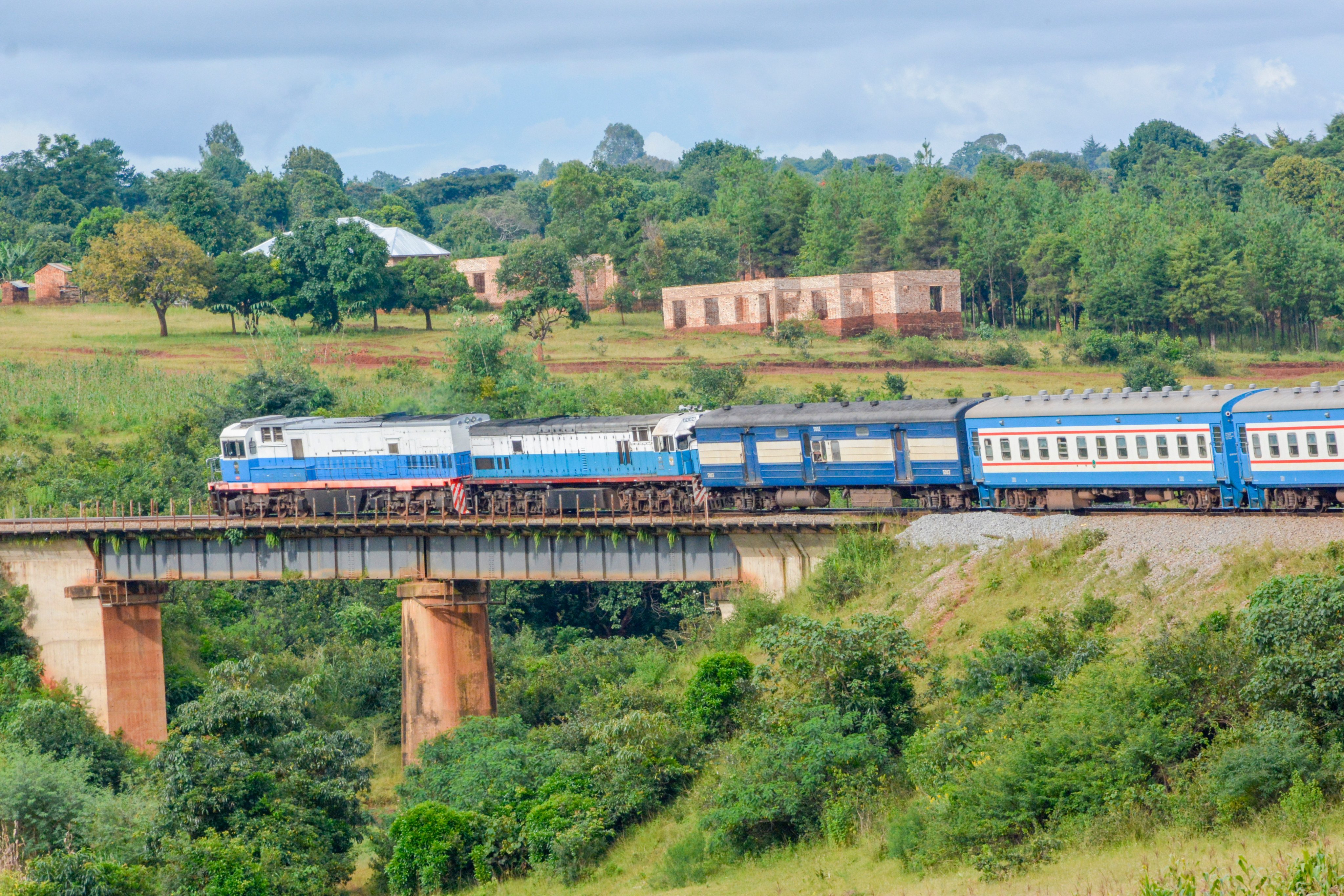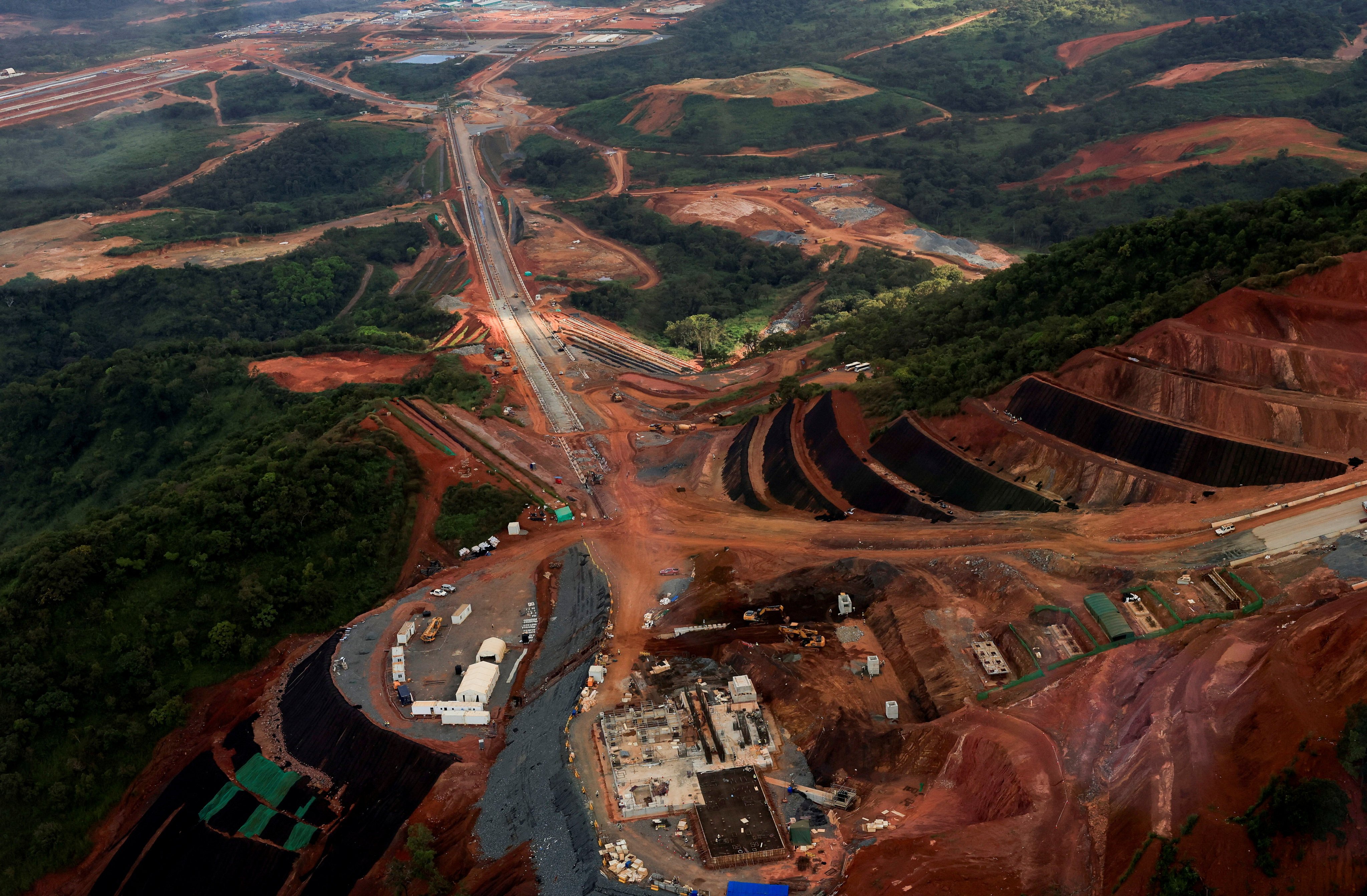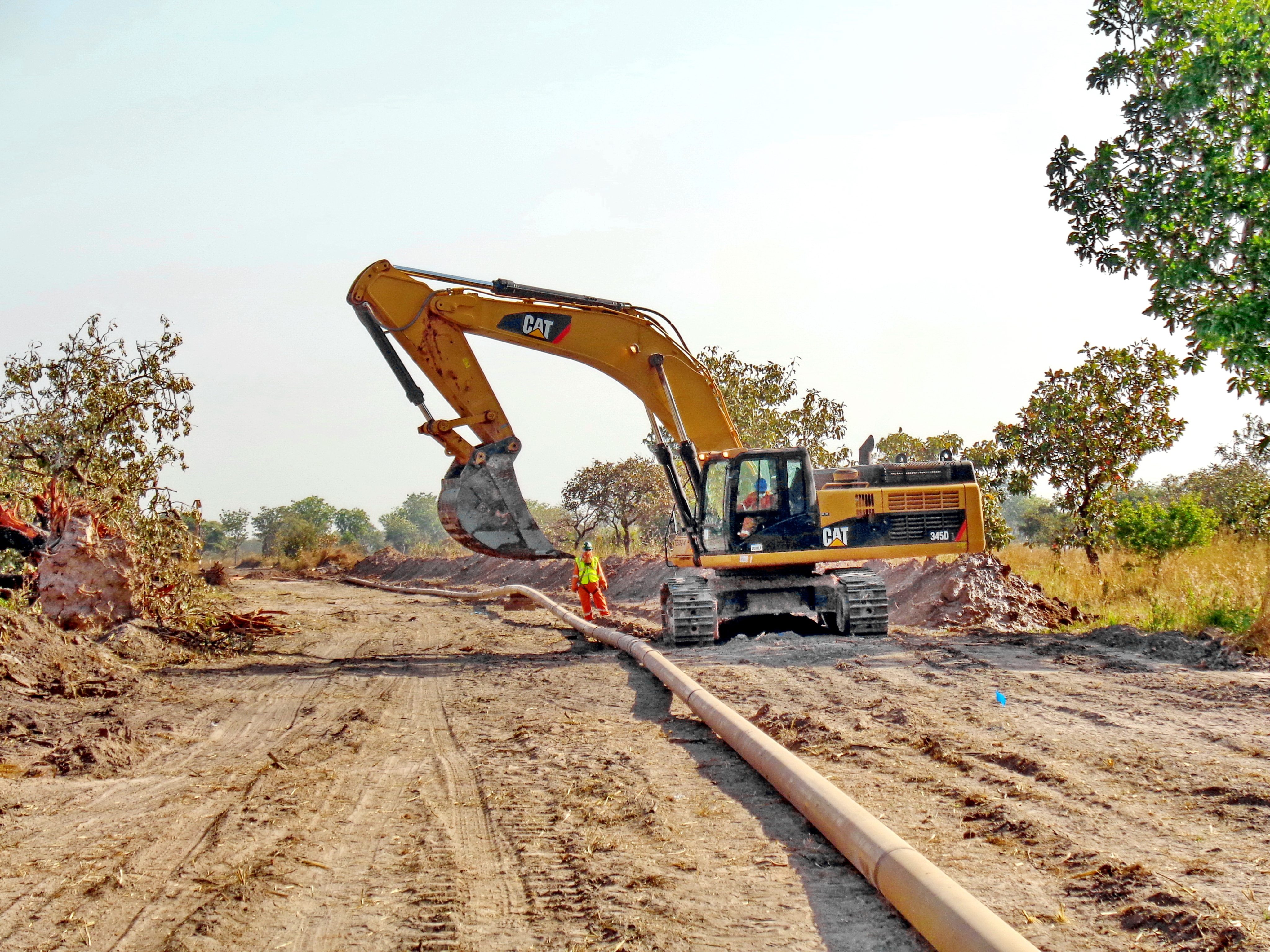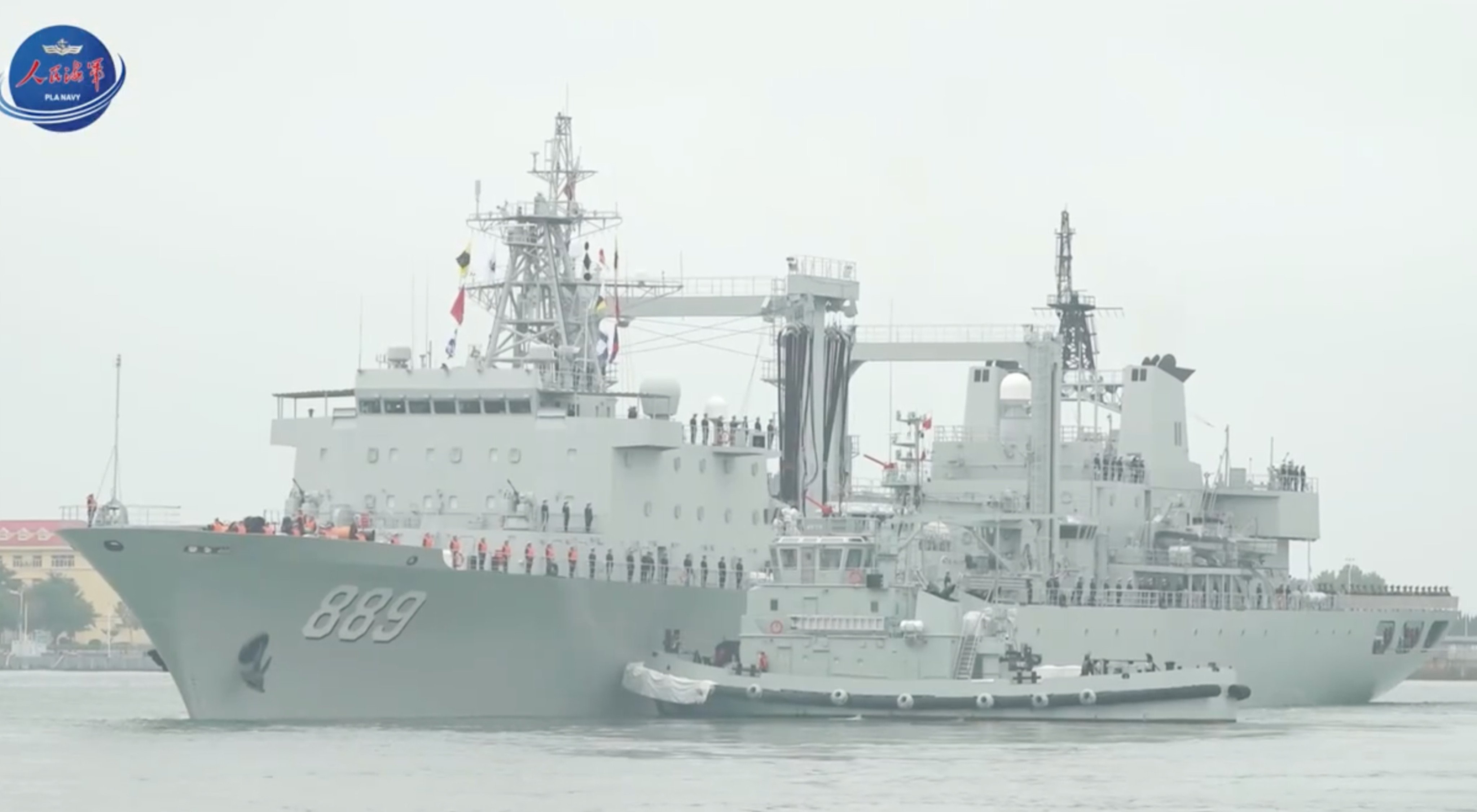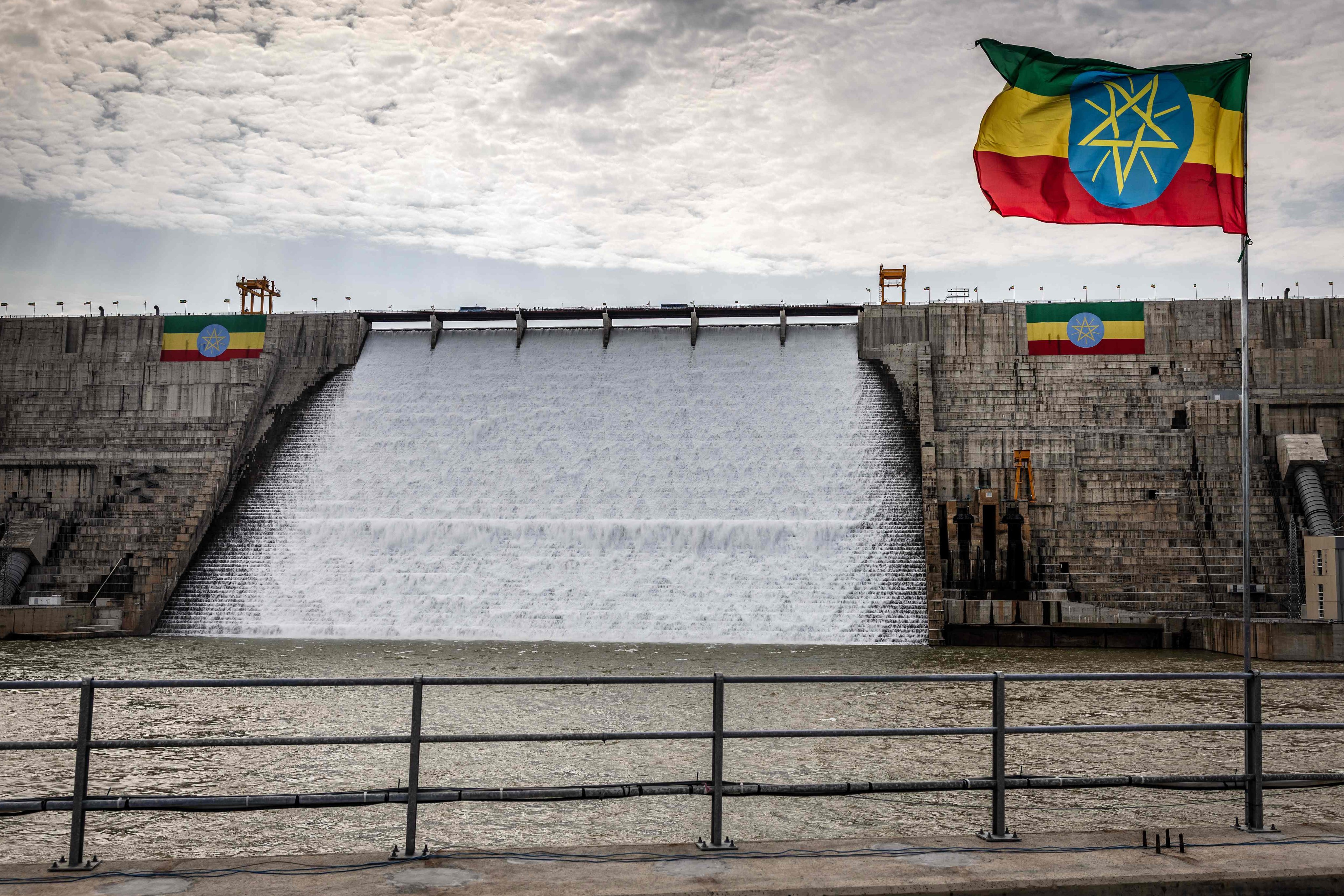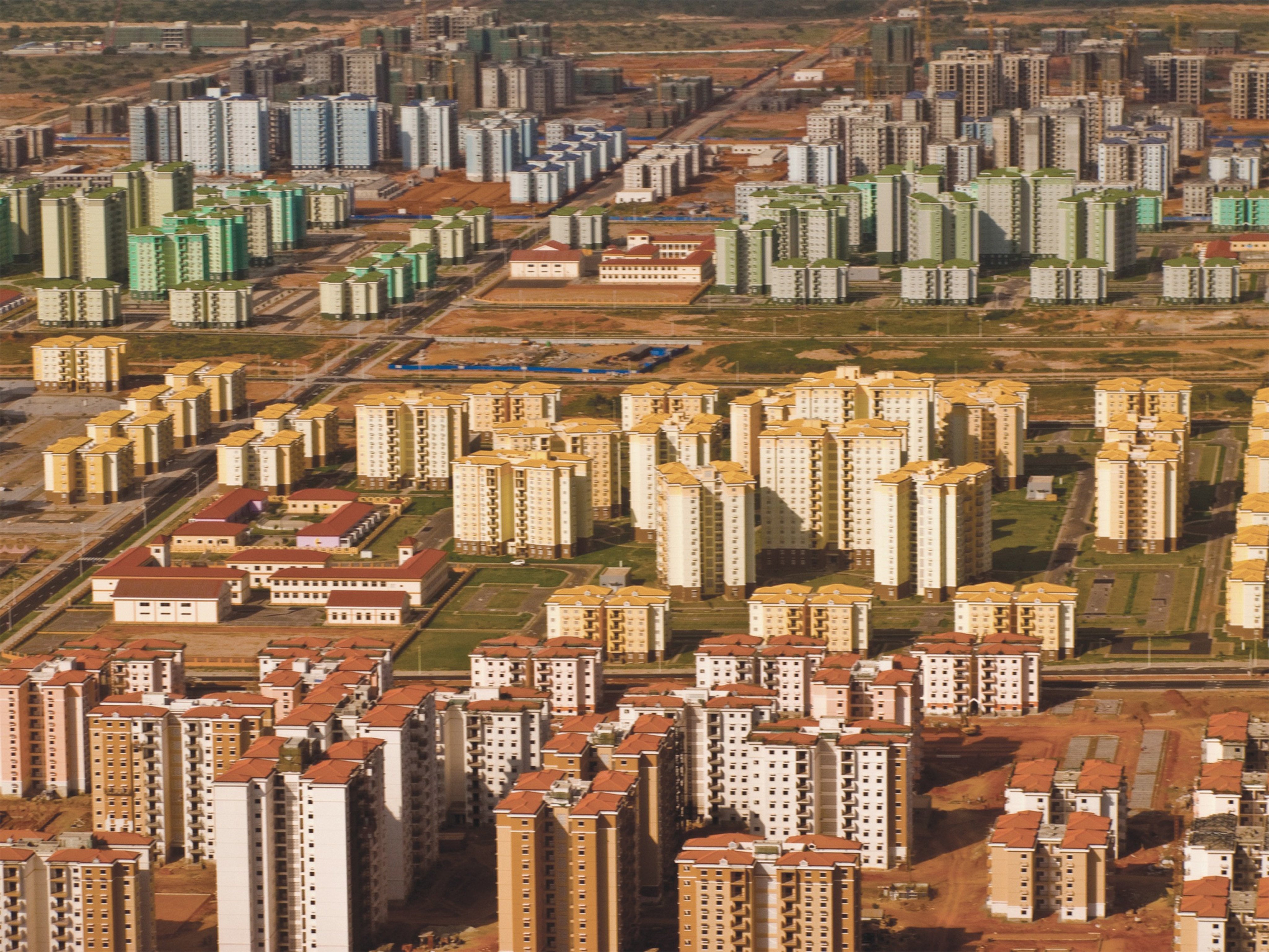Decision to repay loans and import costs directly to China in Chinese currency is practical rather than political, experts say.
Report says the decline highlights a ‘more selective phase of engagement’ by Beijing.
26 Jan 2026 - 5:24PM videocam
Data points to growing African trade deficit as Trump imposes tariffs, and African demand for manufactured goods and commodity price spikes.
21 Jan 2026 - 8:00PM videocam
Beijing dedicates 2026 to ‘cultural and social diplomacy’ across the continent, with 600 activities aimed at fostering strong friendships.
18 Jan 2026 - 8:00PM videocam
Observers describe high-profile exercise involving economic grouping as largely symbolic rather than step towards military alliance.
18 Jan 2026 - 3:51PM videocam
Preliminary ‘early harvest’ framework grants zero-duty entry to over 98 per cent of Kenyan exports, as Nairobi pushes for 100 per cent access.
16 Jan 2026 - 8:42PM videocam
In a call with the Somali foreign minister, China’s top envoy reiterates Beijing’s support for Somalia’s territorial integrity.
12 Jan 2026 - 5:53PM videocam
In Ethiopia, Wang joins African Union leader Mahmoud Ali Youssouf in voicing concerns over US raid on Venezuela.
9 Jan 2026 - 2:47PM videocam
It is the first defence cooperation under the Brics framework, with the Russian and Iranian navies reportedly taking part.
3 Jan 2026 - 2:02PM videocam
Signatories must guarantee that genetic sequence data and samples from potential outbreaks are shared with the US within 5 days of detection.
30 Dec 2025 - 4:07PM videocam
Eritrea asks Beijing to raise issue at the UN, saying it should ‘shoulder its moral responsibilities’ while drawing parallels with Taiwan.
29 Dec 2025 - 8:13PM videocam
The Gara Djebilet deposit in the Sahara Desert was discovered decades ago but is only now coming into production.
28 Dec 2025 - 4:00PM videocam
National museum in Nairobi celebrates 620th anniversary of Ming dynasty navigator’s voyages and 62 years of modern bilateral ties.
25 Dec 2025 - 8:00PM videocam
Large-scale, China-backed projects entice contract workers to take up posts in some African nations, while political instability keeps others away.
21 Dec 2025 - 8:00PM videocam
Ouster of Guinea-Bissau leader Umaro Sissoco Embalo has sparked political instability fears, raising stakes for Chinese economic interests.
14 Dec 2025 - 6:35PM videocam
Beijing’s strategy to project influence through gifting prestigious presidential palaces and parliamentary buildings labelled ‘unique’.
13 Dec 2025 - 5:53PM videocam
Mining minister says China and Rio Tinto were pressed to work on shared infrastructure because ‘we do not want railways running everywhere’.
11 Dec 2025 - 6:16AM videocam
Public-private partnerships or PPP model for African infrastructure tipped to grow as ‘bankable’ projects can attract global finance.
8 Dec 2025 - 12:00PM videocam
Botswana, Lesotho and Namibia also miss out on duty-free treatment over fellow trade bloc member eSwatini’s diplomatic ties with Taiwan.
7 Dec 2025 - 4:32PM videocam
As ties with Washington deteriorate, Pretoria is ‘determined to pursue economic diplomacy’ as it pursues new markets in Asia and Europe.
All participants but one endorse Johannesburg Declaration focusing on African debt crises, climate initiatives and critical minerals.
23 Nov 2025 - 10:00PM videocam
Integrity and credibility of G20 must not be allowed to be weakened, South African president tells opening session in Johannesburg.
Geopolitical friction threatens to derail talks in Johannesburg, with observers saying it could be hard to reach consensus on key issues.
21 Nov 2025 - 4:11PM videocam
Strategically important Tazara project will be the focus for Li Qiang in Lusaka, but he could also face fallout over copper mine pollution.
US$20 billion mining project in Guinea forecast to threaten market dominance for Australia’s Pilbara region.
As iron ore starts flowing, the West African country says it is making sure agreements are not derailed by geopolitical tensions.
11 Nov 2025 - 5:04PM videocam
To revive its energy sector, the African country is counting on Chinese and UAE investment to fill vacuum left by oil majors.
10 Nov 2025 - 4:00PM videocam
China sends task force to deepwater gulf of the Indian Ocean to train personnel, test ships and equipment in harsh ocean conditions.
26 Oct 2025 - 4:37PM videocam
The East African nation and fellow Brics member is the latest country to seek a switch, accelerating the yuan’s internationalisation.
23 Oct 2025 - 7:00PM videocam
Luanda turns to its backers in China for help in housing the emerging middle class but prices are out of reach for many Angolans.
20 Oct 2025 - 6:00PM videocam

